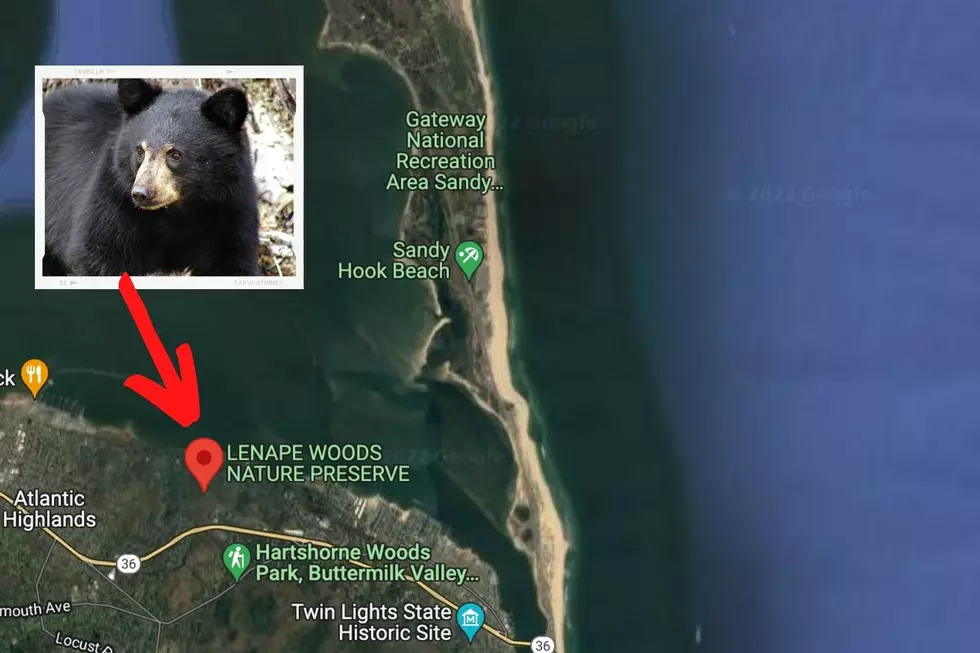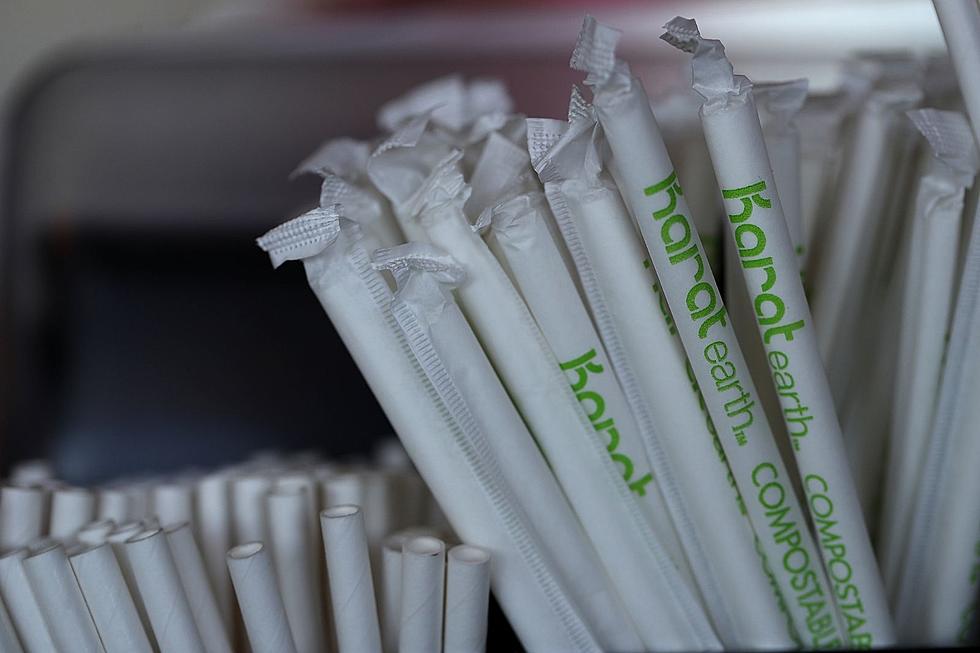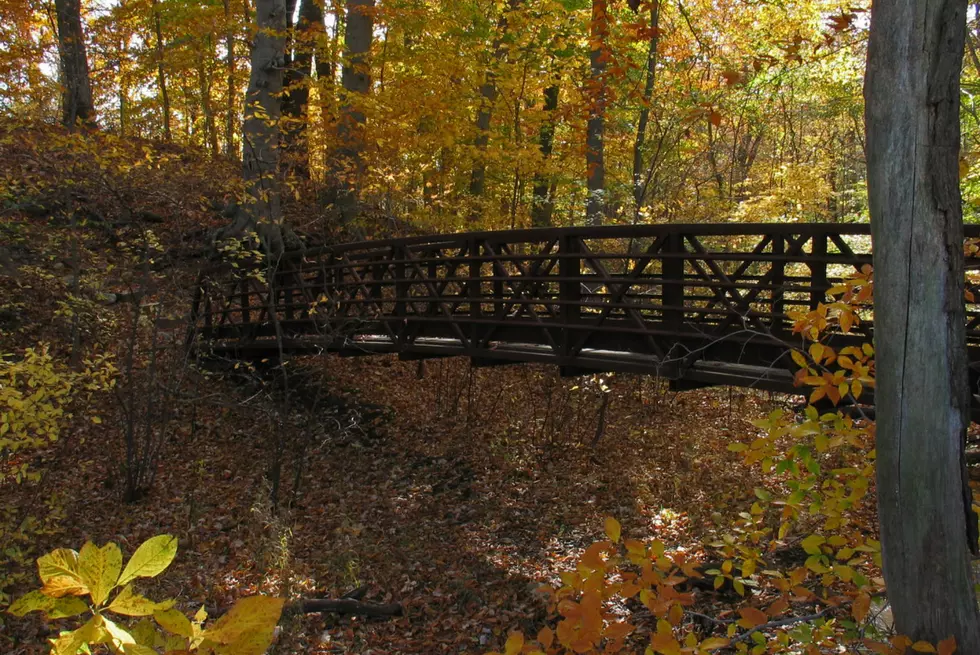
Sip slowly, NJ: Half the state’s under a drought watch
The New Jersey Department of Environmental Protection has issued a drought watch for the northern half of the state.
“We’ve had a rainfall shortfall for several months, and that combined with warm temperatures has contributed to compromised water supply indicators that are tracked regularly,” said Steve Doughty, a research scientist within the division of water supply and geo science at the DEP.
He said “it’s the first level to bring awareness to the public and water suppliers about the degradation of conditions that we’re seeing."
The drought watch is in effect for all of Bergen, Essex, Hunterdon, Hudson, Mercer, Middlesex, Morris, Passaic, Somerset, Sussex, Union and Warren counties.
Doughty said a drought watch means the the public is being asked to conserve water voluntarily.
“Probably the biggest thing is to not over-water lawns, so it’s really the outdoor water use we see as the main consumer of water at this point,” he said. “We’re asking everyone to be very cognoscente that if it does rain then you don’t need to water.”
All you need to maintain a green lawn is 30 minutes of watering twice a week, he said.
Doughty added we also need to be aware of conserving water inside, “when we’re shaving, brushing our teeth, to making sure that the clothes washer and dishwasher are full before running them, so you’re really stretching the amount of water as far as possible.”
“The hope right now is the drought watch brings awareness to the public, and we do get voluntary cutbacks," he said. "We can save millions of gallons per day just by folks reducing their water use by about 10 percent, which isn’t a whole lot.”
He said if everyone cuts back 10 percent, "we could fill about 205 Olympic size swimming pools every day.”
Dave Robinson, New Jersey’s state climatologist at Rutgers University, said the declaration makes sense.
“This is a prudent step given that we have had a very hot spell and of late have not had rainfall,” he said. “We dodged this action about three weeks ago when we had significant rains sweep through the state, but now we’re seeing the reservoir levels starting to fall again and things dry out. It is prudent to give people a heads up that things are dry and we really do need to conserve water."
Back in June, Robinson made an assessment for the U.S. Drought Monitor we were moving in this direction.
“It was based on a number of different variables including soil moisture, stream flow, well levels, reservoir levels and of course rainfall deficits,” he said.
He also noted while the drought watch does not include South Jersey right now, a good portion of the southern part of the state is abnormally dry, “just not as dry as it’s been in more northern parts of the state, so they need to keep an eye on things too.”
Doughty added if dry, hot conditions persist we could be forced to go to the next level, which would be a drought warning.
The DEP describes a drought warning as a non-emergency phase of managing available water supplies during the developing stages of drought. The DEP commissioner can order water purveyors to develop alternative sources of water or transfer water between areas of the state with relatively more water to those with less. Mandatory water use restrictions are not imposed under a warning, but the public is strongly urged to use water sparingly in affected areas.
“That would be something where the Department is working with water suppliers that balance regional supplies within our water supply regions,” he said.
More from New Jersey 101.5:
More From New Jersey 101.5 FM









